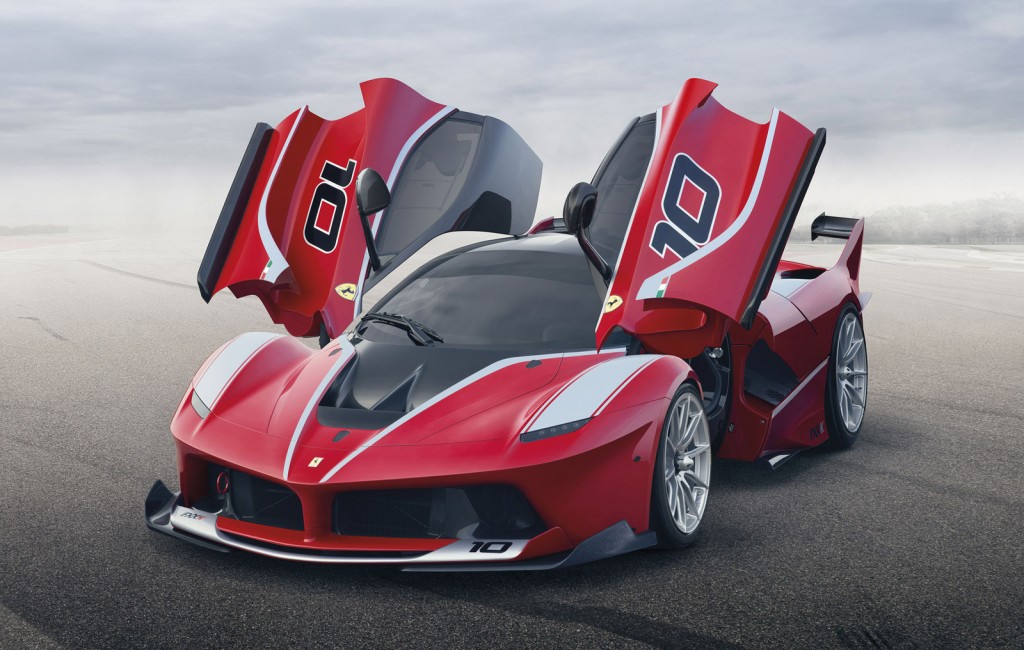Fast hybrid and electric cars have shown they have the performance to match traditional sports cars and supercars.
But they're often considered to be missing one oft-cited part of the supercar driving experience.
That would be the engine roar, which of course is totally absent when you're driving on near-silent electric power.
DON'T MISS: Rimac ups power, cuts weight with Concept S electric supercar in Geneva
As supercar manufacturers show more interest in electrified powertrains, the lack of a dramatic soundtrack is getting more attention, according to Bloomberg.
More carmakers are considering hybrid and electric supercars, both to meet stricter emissions standards and because of perceived customer demand.
The performance potential of hybrids has already been demonstrated by cars like the Ferrari LaFerrari, McLaren P1, and Porsche 918 Spyder, as well as the somewhat less extreme 2017 Acura NSX.

Koenigsegg Regera Live Photos, 2016 Geneva Motor Show
At the 2016 Geneva Motor Show last month, quite a few smaller companies and startups were hawking hybrid and electric supercars.
These companies—both large and small—want to preserve the drama of internal-combustion motoring, though.
In Geneva, for example, McLaren announced plans to offer hybrid powertrains in half of its models by 2022, and hinted at plans for an all-electric supercar.
ALSO SEE: Supercars stampede toward hybrids, electric power: Geneva roundup
Yet the company is also looking into how to make an electric motor vibrate, CEO Mike Flewitt told Bloomberg in a recent interview.
He said McLaren produces not just mere transportation but "entertainment," and incorporating all of the noise and vibration of its current internal-combustion powertrains into electrified models is apparently important to that.
That's certainly how Fiat Chrysler Automobiles CEO Sergio Marchionne feels.

Ferrari LaFerrari FXX K
Marchionne recently said that an all-electric Ferrari would be an "almost obscene concept" because of the lack of engine noise.
Engine noise or not, though, supercars are ultimately about performance, and the recent crop of hybrid models have shown electrified powertrains are entirely capable of offering it.
So, for that matter, is the Tesla Model S P90D. In its "Ludicrous" mode, it can accelerate from 0 to 60 mph in 2.8 seconds—quicker than many current supercars with combustion engines.
MORE: Watch the Tesla Model S P90D race a Boeing
And at least hybrid and electric powertrains don't seriously dilute driver involvement.
Supercar buyers are now also demanding both more automated driving aids and greater smartphone connectivity, Bloomberg says.
Technologies like those—which de-emphasize the activity of driving—would seem to be more of a problem than a lack of noise in cars that are ostensibly built purely to make driving exciting.
_______________________________________________












